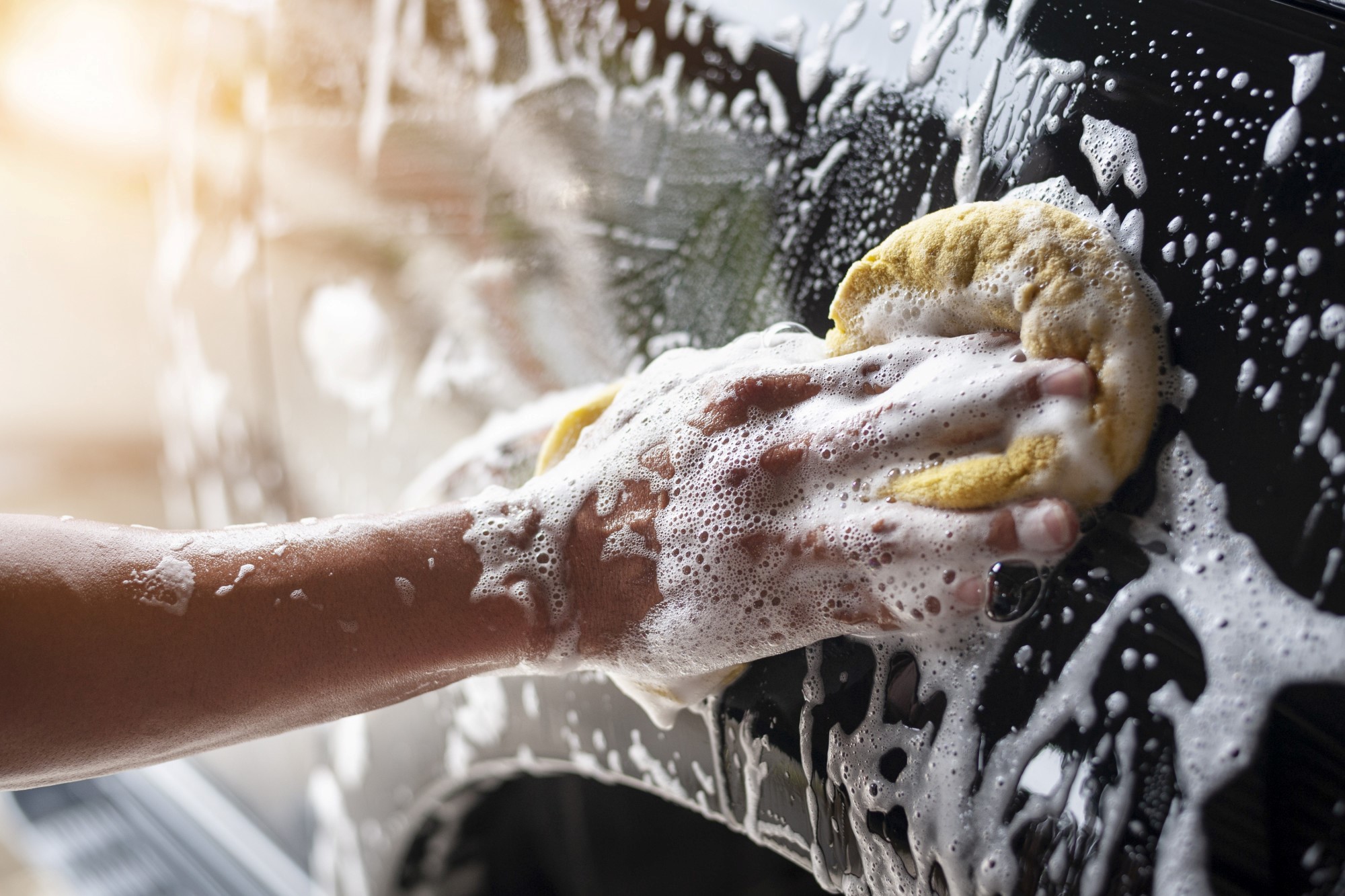NEWS
6 Common Car Cleaning Errors and How to Avoid Them

Car Cleaning Errors
Did you know that dirt can hide a car’s actual value? It could also impact the car’s overall appearance, which could prevent people from purchasing the vehicle even if it’s cheap. This is because they would view it as unclean and end up avoiding it.
Car owners have many ways of cleaning their vehicles, but they often overlook some mistakes that could damage the vehicle. In this article, we’ll be covering some common car cleaning errors as well as how to avoid them.
Let’s begin!
1. Washing Your Car in Direct Sunlight
Although you may think that washing your car in direct sunlight will help dry it faster, this could actually damage your paint. The sun’s UV rays can cause the water to evaporate too quickly, which can leave behind water spots.
In addition, the heat from the sun can cause the soap to dry on the surface of your car, which can be challenging to remove. To avoid these problems, wash your car in the shade or on an overcast day.
2. Skipping the Pre-wash
One of the typical car cleaning errors is skipping the prewash. This means forego rinsing your car off before you start washing it.
Not prewashing the car can cause dirt and debris to spread, which will eventually lead to scratching your paint. In order to avoid this, make sure to rinse your car off before you start washing it.
3. Using the Wrong Cleaning Products
Many people use household cleaners on their cars, which can actually damage the paint and interior. Choose appropriate car polishing adelaide supplies whenever possible, and be sure to read the labels to see if they’re safe for your particular vehicle.
You should also avoid using harsh chemicals or abrasives, as these can damage the paintwork. If you do accidentally damage the paintwork, make sure to repair it immediately to prevent further damage.
4. Not Rinse and Dry Thoroughly
It is common for car cleaning enthusiasts to make the mistake of not rinsing and drying their vehicle thoroughly after cleaning it. This can leave streaks and water spots on the paint, which can be difficult to remove. To avoid this, be sure to rinse your car with plenty of water. Use a clean, soft towel to dry the car, and make sure to dry it completely.
5. Not Waxing or Polishing Your Car
Not waxing or polishing your car can cause your car to appear dull and can also lead to premature aging. Waxing and polishing your car helps to protect the paint and keep it looking shiny and new. It is essential to do this on a regular basis, especially if you live in an area with a lot of humidity or sunlight.
6. Not Washing the Car Every Few Weeks
Not washing the car every few weeks can lead to a build-up of dirt and grime on the paintwork, which can eventually cause the paint to deteriorate. To avoid this, establish a car cleaning routine every few weeks.
When it comes to cleaning the interior, your might want to get this car steam cleaner for easier cleaning.
Avoid These Common Car Cleaning Errors
The most common car cleaning errors are usually made out of ignorance or in a rush. The good news is that they’re all easily avoidable with a little bit of knowledge and attention to detail. To avoid these errors, follow the mentioned guide so you can keep your car looking its best for years to come.
For more helpful guides, check out the rest of our website.
Kenneth is a proud native of sydney, born and raised there. However, he pursued his education abroad and studied in Australia. Kenneth has worked as a journalist for almost a decade, making valuable contributions to prominent publications such as Yahoo News and The Verge. Currently, he serves as a journalist for The Hear Up, where he focuses on covering climate and science news. You can reach Kenneth at [email protected].










